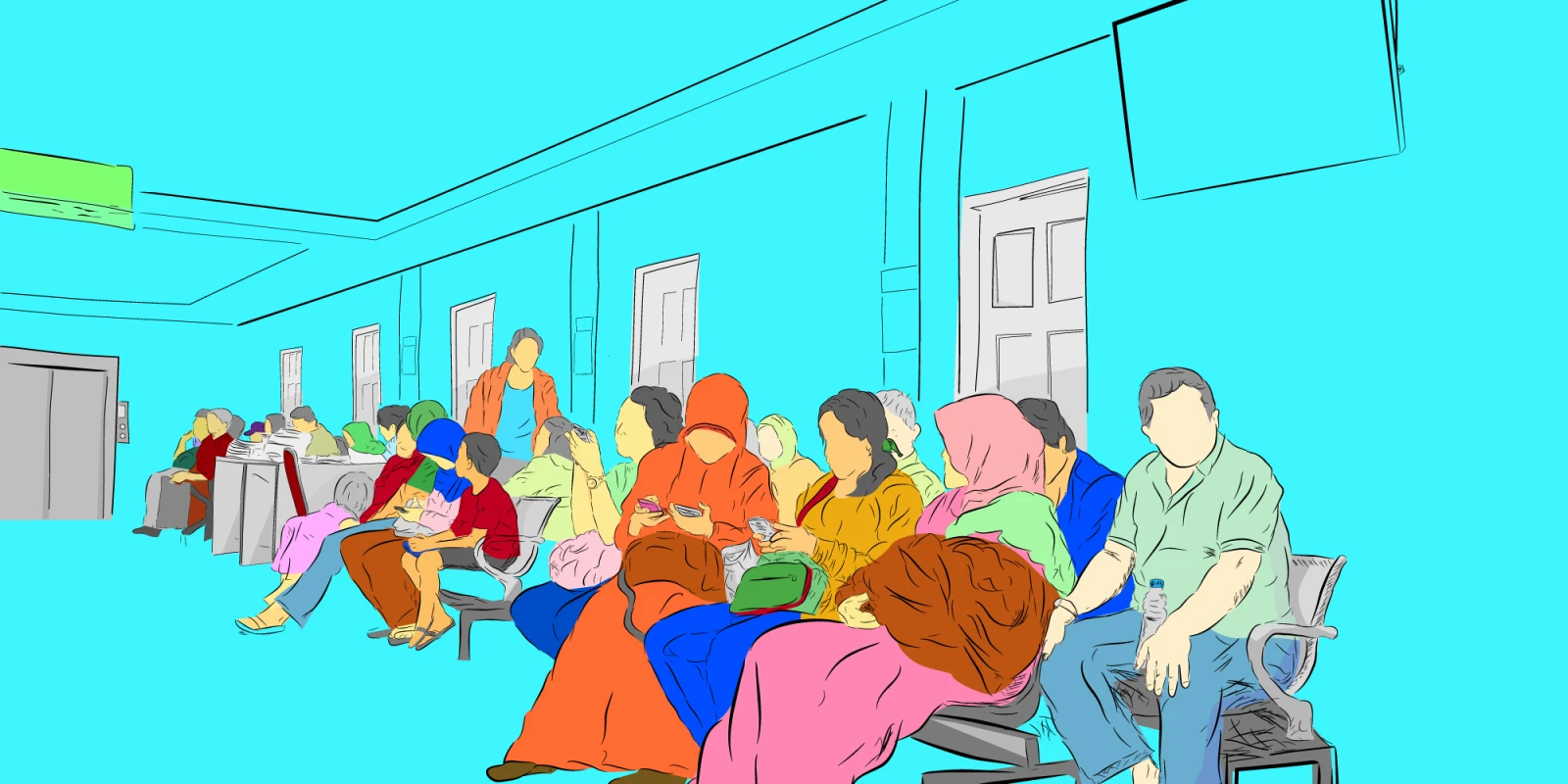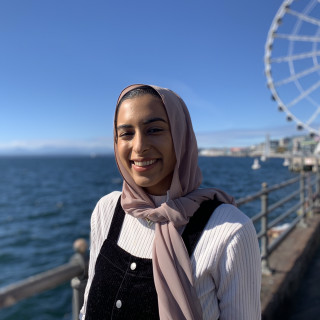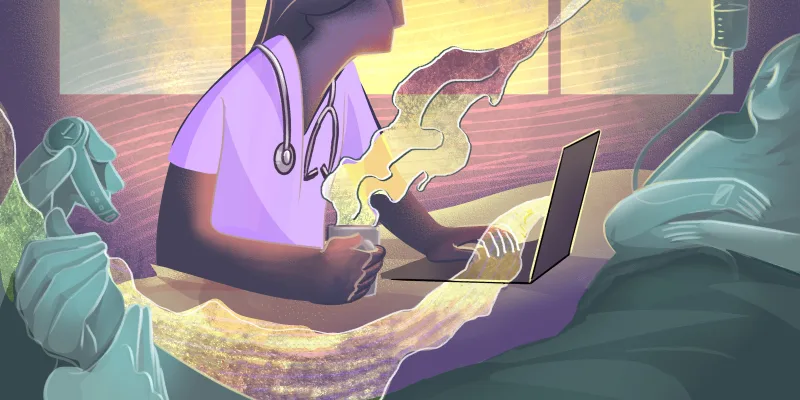 The severe discrimination that Muslims face in American society—mosques burned to the ground, Muslims shot in the head while walking home from prayers, scarves pulled off of Muslim women—is an accepted reality of life today, for both Muslim and non-Muslim Americans. This reality is only made worse by the President, whose inflammatory rhetoric fuels ill sentiments towards this religious minority. Needless to say, Islamophobia has woven itself into the normal fabric of American life.
The severe discrimination that Muslims face in American society—mosques burned to the ground, Muslims shot in the head while walking home from prayers, scarves pulled off of Muslim women—is an accepted reality of life today, for both Muslim and non-Muslim Americans. This reality is only made worse by the President, whose inflammatory rhetoric fuels ill sentiments towards this religious minority. Needless to say, Islamophobia has woven itself into the normal fabric of American life.
The mounting Islamophobia has not been without its effects on the Muslim population. In 2017, about 75 percent of American Muslims said that they felt their population was discriminated against. Between April and June of 2018, 1,006 incidents were reported against the Muslim community in America, 431 of which were confirmed to be motivated by anti-Muslim bias. Statistics like these should not be the reality for any community in this country. For Muslims, however, these statistics are not only reality—they are worsening, with each year bringing more hate crimes than the year before.
The Muslim patient that walks through your doors no doubt carries at least some of the incredible stress and fear that define what it is to be a Muslim in America today. Even in the healthcare setting, a place where every patient should feel safe and equally cared for, Muslims are subjected to discrimination. Among many other examples of unacceptable care, Muslims have reported verbal insults and stereotyping by their providers. Further, providers who lack cultural sensitivity (or are unwilling to make reasonable accommodations for the beliefs and rituals of Muslims) also impede effective transcultural care.
With all this in mind, I set out to improve the lack of education surrounding care of Muslim patients. As an American-born Muslim familiar with the healthcare system, I found that I had a unique opportunity in medical school to communicate useful information for medical providers to use in their care of Muslim patients. To accomplish this goal, I launched an advocacy project at Albany Medical College by creating a 13-minute video titled “Caring for the Muslim Patient.” The video demystifies and educates medical students about Muslim patients. My hope is that the future generation of medical providers will understand the stress of being a Muslim in American society and, with just a small toolbox of knowledge, be able to provide compassionate and culturally competent healthcare.
In creating this educational presentation, my goal was to make a short, accessible, and informative video for the busy medical student or physician. In producing just that, I discovered the beauty of cultural competence education. Indeed, understanding a patient population to provide better treatment does not require arduous amounts of training. The beauty of cultural competency is that medical providers can learn to treat a patient population more sensitively just by knowing a few pertinent points relevant in the medical setting. With respect to all patient populations requiring a little “extra”—e.g., the LGBTQ community, disabled community, other religious minorities—a little knowledge most certainly does go a long way.
The greatest learning point for myself, and the one I hope to communicate most when it comes to treating people who have different beliefs and lifestyles, is this: While being knowledgeable and well-informed about the different walks of life around us is ideal, one of the best things you can do for your patient is to simply have an open mind and compassionate disposition. If you know nothing about them and where they come from, rather than trying to ignore that crucial part of their identity, simply ask. Asking them who they are, what is important to them, and how you can help them, will not only forge a meaningful bond between you and your patient, but will also help you provide the patient with better healthcare.
Image by omyos / gettyimages
Sara Khan is a third-year medical student at Albany Medical College. She is pursuing her MD with a distinction in advocacy, with a focus on the Muslim patient population. Her presentation “Caring for the Muslim Patient” is available to watch on YouTube.






